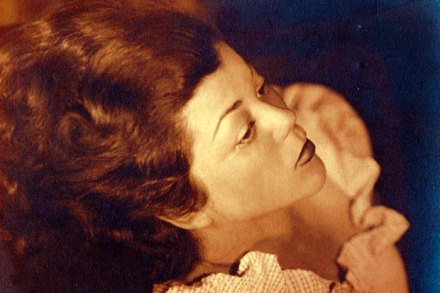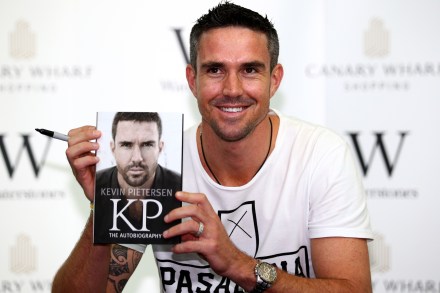My mad gay grandfather and me
Family history is all the rage at the moment — finding out about one’s ancestors, digging back into one’s roots. Sofka Zinovieff has written the strange, and strangely moving, tale of her family’s unorthodox relationships. By turns comical, tragicomical and melodramatic, her book often reads much like fiction, and she recounts it like a novel. The principal characters are: Gerald Berners, born in 1883; his lover, nicknamed the ‘Mad Boy’, Robert Heber-Percy, born in 1911; the author’s grandmother, Jennifer Fry, born in 1916; and the author herself, born in 1961. Zinovieff expertly interweaves their unlikely history from late Victorian England until the present day, leaving the reader on the last




















